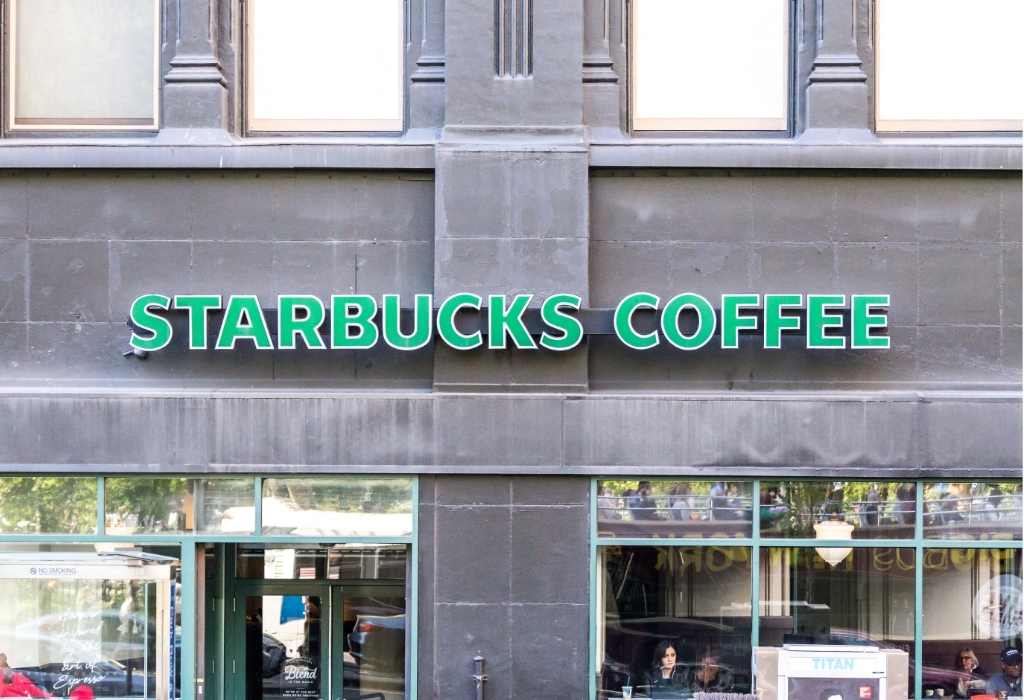By The Malketeer
A Perfect Storm of Boycotts, Financial Struggles, Rising Local Competition
In the bustling coffee landscape of Malaysia, a storm is brewing that threatens to upend the longtime dominance of a global giant.
Starbucks, the Seattle-born coffeehouse chain that has become synonymous with premium coffee worldwide, finds itself at the centre of a perfect storm of boycotts, financial struggles, and rising local competition.
This confluence of factors has transformed the company from a symbol of cosmopolitan taste to a cautionary tale of brand vulnerability in the face of changing consumer sentiments and market dynamics.
The Financial Fallout
The first sip of this bitter brew comes in the form of stark financial figures.
Berjaya Food Bhd (BFood), the franchise owner of Starbucks in Malaysia, has reported its worst financial results in history for the fiscal year 2024.
The numbers paint a grim picture:
- A staggering net loss of RM92 million, a dramatic reversal from the net profit of RM103 million in the previous fiscal year.
- Revenue plummeted by 35%, falling to RM730 million from RM1.12 billion.
These figures are not just numbers on a balance sheet; they represent a seismic shift in the company’s fortunes and have sent ripples through both the business community and social media spheres.
The Power of the People: Boycotts and Brand Perception
At the heart of Starbucks Malaysia‘s troubles lies a potent boycott movement.
The movement has gained significant traction, particularly within the Malay-Muslim community, as highlighted by influential social media personalities like Azharuddin (@azha_nordin).
This grassroots campaign against Starbucks underscores a crucial lesson in modern business: in the age of social media and heightened consumer awareness, brand perception can shift rapidly, and customer loyalty can evaporate overnight.
The boycott has not only impacted Starbucks’ bottom line but has also created a vacuum in the market, one that local competitors are all too eager to fill.
The Rise of Local Flavours
As Starbucks struggles, Malaysia’s coffee industry is experiencing a renaissance.
Home-grown premium coffee chains are stepping up to the plate, offering quality alternatives that resonate with local tastes and values.
Zus Coffee, in particular, has been embraced by many boycotters as a worthy replacement for Starbucks.
This shift highlights a growing trend of support for local businesses and a desire for high-quality, locally-sourced coffee options.
It’s a reminder that even global giants can be vulnerable to nimble, locally-attuned competitors who understand the nuances of their market.
A Bleak Outlook from Financial Analysts
The financial community’s outlook adds another layer of complexity to Starbucks Malaysia’s predicament.
Both Maybank IB Research and Hong Leong Investment Bank (HLIB) Research have maintained their “sell” recommendations for BFood, with target prices set at 30 sen and 20 sen, respectively.
The projection of a net loss of RM4 million for BFood in FY6/2025E stands in stark contrast to previous profit expectations, underscoring the severity of the situation.
Strategic Retreat: Starbucks’ Response
Despite the challenges, Starbucks remains the primary revenue generator for BFood, contributing approximately 89% of the company’s revenue in Q4 FY6/2024.
However, the company’s response to the crisis reveals the depth of its troubles:
- A halt to expansion plans, with no new stores opened in the last quarter.
- The permanent closure of three stores due to expired tenancy agreements.
- A strategic decision to temporarily close 25 inactive stores.
These moves signal a reevaluation of Starbucks’ operational footprint in Malaysia and a recognition that the company must adapt to survive in this changing landscape.
The Broader Implications
The Starbucks Malaysia saga is more than just a story of one company’s struggles. It’s a microcosm of larger trends shaping the global business landscape:
- The power of consumer activism: In an interconnected world, boycotts can quickly gain momentum and have real financial impacts.
- The rise of local alternatives: As global brands face challenges, there’s often an opportunity for local businesses to step in and capture market share.
- The importance of cultural sensitivity: Global brands must be attuned to local sentiments and values to maintain their position in diverse markets.
- The need for agility: In rapidly changing markets, companies must be prepared to quickly adapt their strategies and operations.
Looking Ahead
As Starbucks Malaysia navigates these turbulent waters, the coming months will be critical.
The outcome of this struggle could reshape the Malaysian coffee industry landscape for years to come.
Will Starbucks be able to regain its footing and rebuild trust with Malaysian consumers?
Or will this mark the beginning of a new era dominated by local coffee chains?
Whatever the outcome, the Starbucks Malaysia story serves as a powerful reminder of the complexities of operating in a global marketplace.
It underscores the fact that even the most established brands must continually earn their place in the hearts and minds of consumers, one cup at a time.
MARKETING Magazine is not responsible for the content of external sites.










